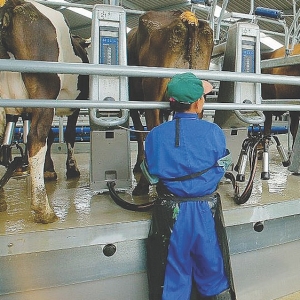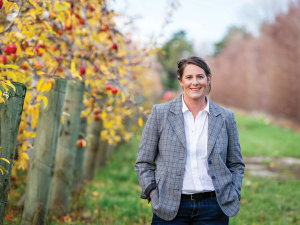In a report on the capability of the primary sector, including dairying, MPI stresses there will be more jobs – fewer for the unskilled and more for people with higher qualifications. Jobs which once required no formal qualifications will in future.
MPI says dairying now employs 48,000 and by 2025 will employ 51,100, of whom 29,100 will need formal qualifications, compared with 20,800 now.
Dairying’s move to larger dairy farms accounts for the higher forecast numbers. The number of dairy farmers and farm managers will increase only slightly, but the demand for non-farm managers will increase by 15%.
In sales, 20% more people will be needed.
Dairying will need more skills in marketing, consumer branding and foreign languages to help do business in emerging markets. Food safety, risk management, farm systems, IT, financial skills and environmental management will also be at a premium.
DairyNZ chairman John Luxton says the dairy industry’s lack of ‘mainstream appeal’ must be turned around. He says action is now being taken to meet the skills shortage challenge highlighted in MPI’s report.
DairyNZ and its partners are going out to schools to encourage young people to choose agriculture as a career, Luxton says. Scholarships for university graduates and support for other training schemes are in place and there are schemes to help farmers plan their careers.
“It’s not just the numbers that will challenge us but the big lift in skill levels we’ll need to drive our sector forward.
“What’s new in this report is the evidence of a big lift coming in employment in the agribusiness service sector and the processing side of dairy.
“The qualifications most in demand are likely to be in agriculture, environment, engineering, management and commerce fields. We’ll need about a thousand graduates a year coming into the industry.”















